Women in politics face 'daily' abuse on social media
- Published
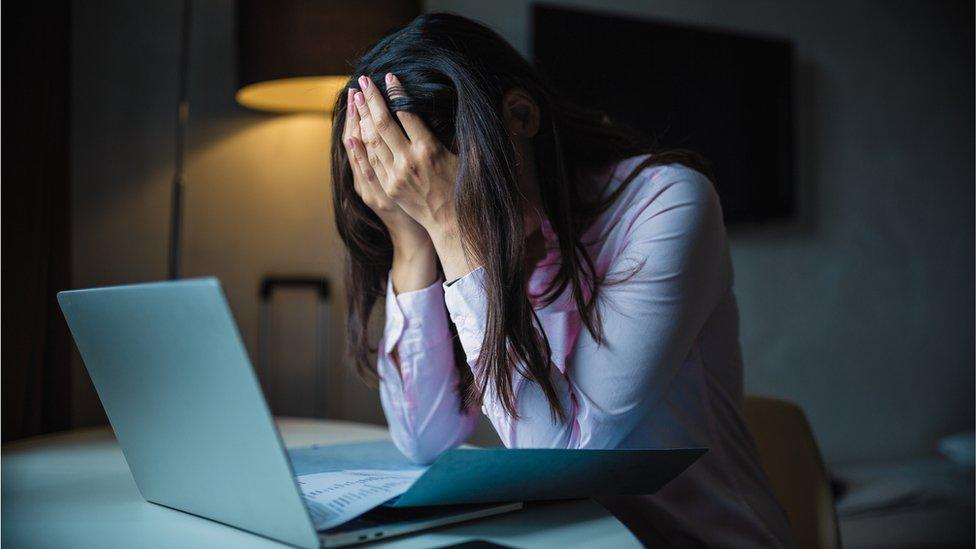
Imagine picking up your phone and receiving abusive messages every day.
Women in politics have spoken of their experiences of dealing with sexism and hatred on social media while voicing their political opinions.
Gender equality charity Chwarae Teg said it feared a growing number of women were being put off standing for election due to online abuse.
Two young women in politics have spoken about their experiences facing online abuse to the BBC's Politics Wales.
This article contains language that may offend some readers

One member of the Labour Party, who wishes to remain anonymous, said she had to deal with sexist attacks on social media every day.
"I get called a whore, that I'm a slut, that I should put my tits away, that I'm unintelligent, that I'm an idiot, that I should go away and bake a cake instead - which was my personal favourite," she said.
"[They claim] I'm uneducated, I have no place in politics, and you get this daily, it's recurrent."
She said she had also experienced misogyny from male politicians, but had not reported any of the incidents "because there's no point".
"I've had experiences of councillors who've kissed me, who take me aside, who say 'you know if you don't sleep with me then you won't get anywhere in the Labour party'," she said.
"It makes me feel really angry. It makes me feel scared as well, and for a long time I stayed off social media because of just how sort of upset it made me.
"But I'm very aware that personally I can sort of bat it off, but there are young girls who are coming up through politics, who maybe don't have the same coping mechanisms that I do.
"It makes me feel really angry for them, because with those things you're scared away. If you're put down so much, you sort of listen to it, and it really is horrid."
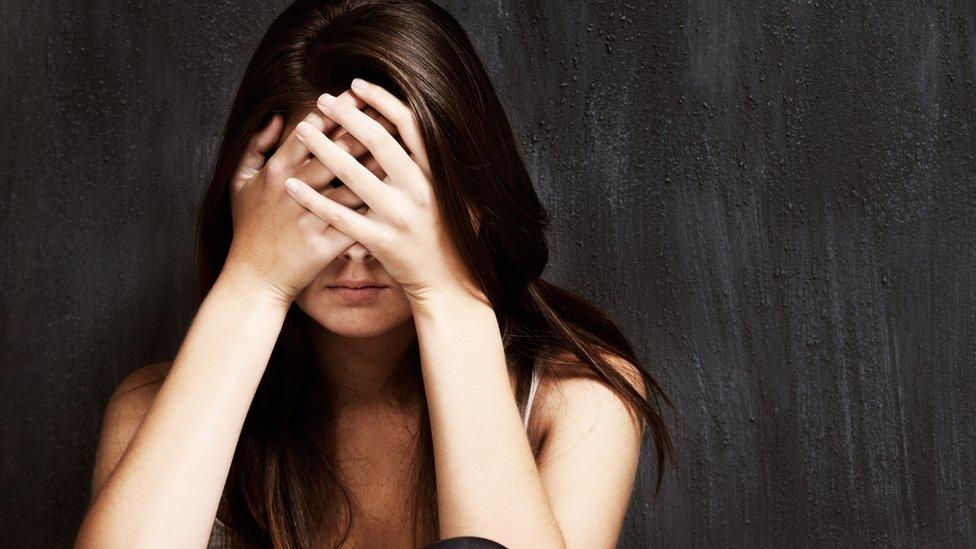
Jas said people sometimes commented on her sex life on social media
Jas, a member of the Liberal Democrats, said people had brought up her sex life on social media.
"I'll get messages like death threats, bullying, or just really unkind comments about what I look like or my personality, or political views I hold. So it is quite bad," she said.
"My sex life gets brought into it a lot as well. So people will say I'm a slut, I'm a whore, things like that.
"Even on the views I hold I'll be called an idiot or even more severe than that, like people will say I'm a retard.
"It's constant. I must get three of these messages every week or two. For a young person to deal with I think that's a lot."
Jas has complained, but said that there was "not much" the party could do.
"In our party, at the moment our complaints procedure isn't functioning very well. It's kind of backlogged," she said.
"We have very severe complains that haven't been dealt with properly, so never mind small complaints. In terms of parties and reporting, not many people do it, because there isn't much you can do."
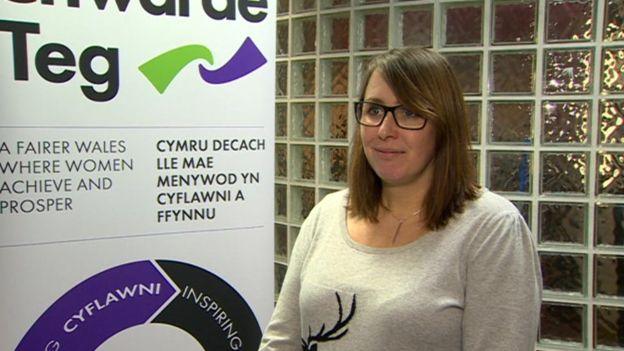
Helen Antoniazzi, from Chwarae Teg, said women were being put off political roles due to online abuse
Helen Antoniazzi, of Chwarae Teg, said there was a risk social media abuse could discourage women from engaging in politics.
"I think that essentially what is at the bare bones of this is people trying to stop women from having a voice and from expressing their opinion, and this is a way they can see they can do that," she said.
"There's a fear that more and more women will be put off standing for election and putting themselves forward for political positions, because of the fear of this abuse and because of the abuse in itself.
"We've got a role as a wider society to make sure that abuse is challenged and is not seen as acceptable so that women do feel able to put themselves forward and to participate in politics and express their opinions."
A Labour spokesman said the party took all complaints of abuse and harassment, online or in person, extremely seriously.
All complaints are fully investigated, and any appropriate disciplinary action is taken, he added.
Meanwhile the Liberal Democrats said the party took issues seriously and investigated all complaints.
It added that there were also organisations within the party which support women and young people, including helping them to deal with social media abuse.
- Published7 October 2019
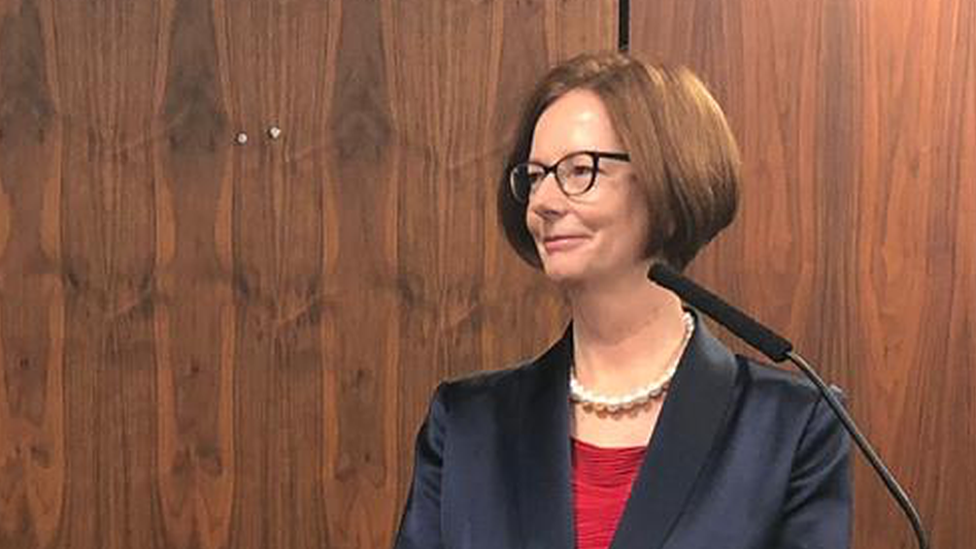
- Published30 May 2018
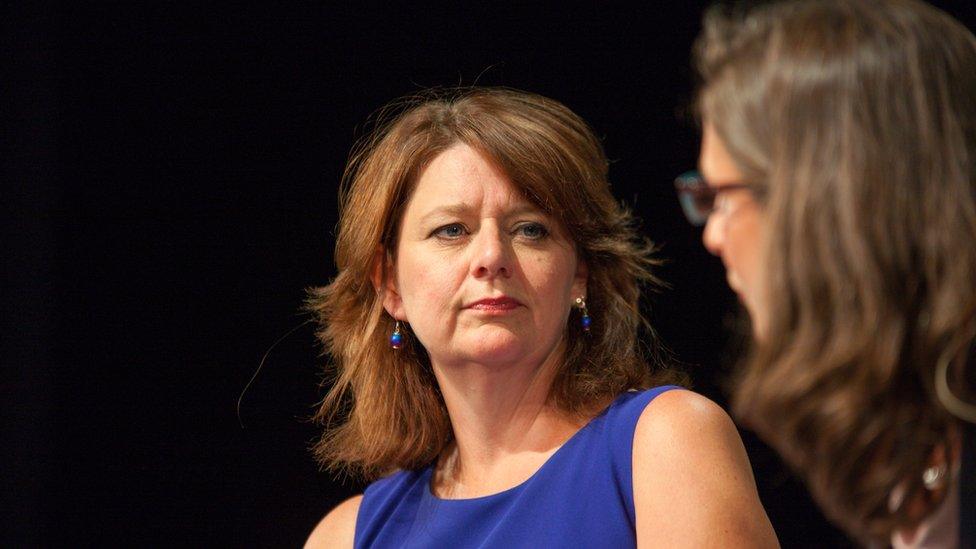
- Published11 February 2018
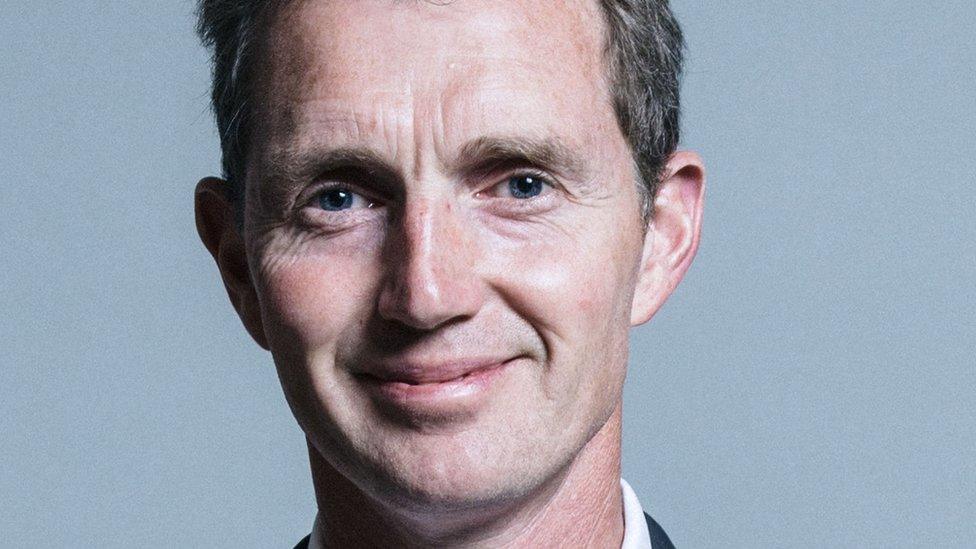
- Published14 October 2018
